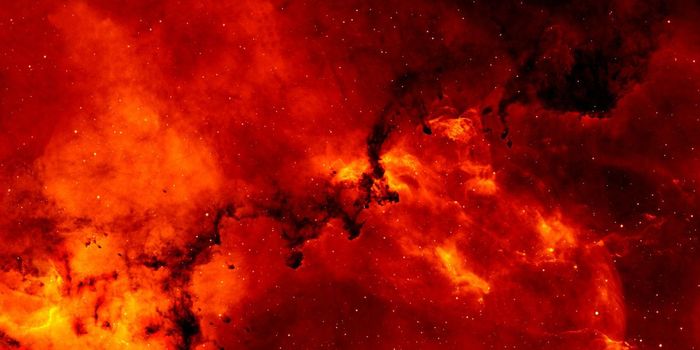Every organism we know of requires water to survive, so it's hard to think of something as valuable as water as potentially poisonous. Everything, however, has the potential to be poisonous if it's over-consumed in a specific time frame.
So, while drinking too much water is rare, it is possible.
Drinking too much water can cause an imbalance in a person's electrolyte levels, which can lead to a potentially fatal condition called water intoxication. The condition comes down to how water affects you at a cellular level.
The electrolytes in your cells allow your nerves to work properly. They also help control blood pressure and volume. Primary ions of electrolytes include sodium, potassium, and magnesium.
As long as you're eating a healthy diet, you're consuming electrolytes. For instance, you consume electrolytes when you eat bananas (potassium) or drink milk (calcium). There are also electrolytes in water, although not much.
The difference in electrolyte concentration inside and outside your cells don't normally pose a problem. This is because your kidneys can flush out excess water. However, your kidneys can only work so hard. If you consume too much water in a short period of time, your kidneys won't be able to flush out the excess water. As a result, water is drawn into the cells in an attempt to even out the proportion of electrolytes inside and outside the cells. This causes the cells to swell.
Unlike other parts of the body, the brain does not have room to swell. This causes intracranial pressure, which leads to symptoms such as severe headaches, irritability, seizures, respiratory arrest, and even death.
Water intoxication is extremely rare, so you shouldn't let the idea of developing the condition stop you from drinking enough water. Ultimately, it's crucial to stay hydrated.








